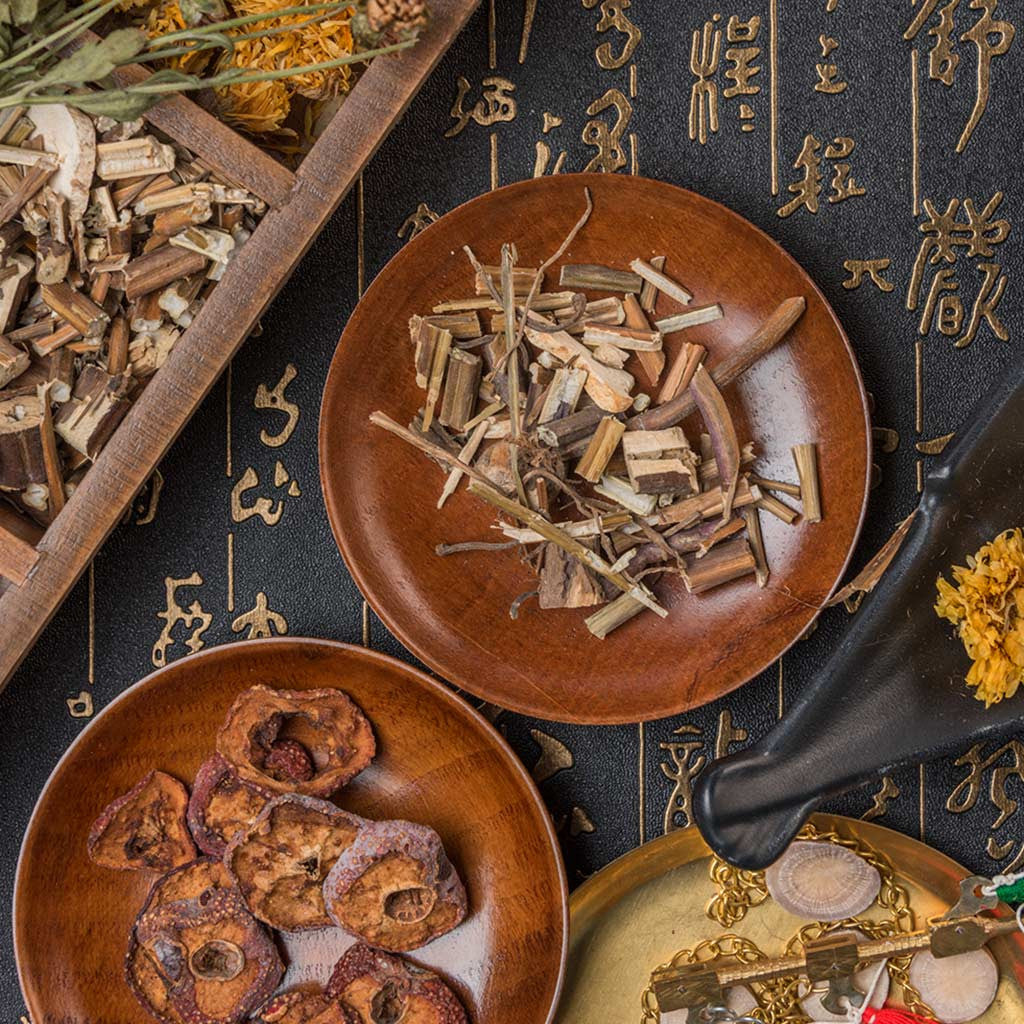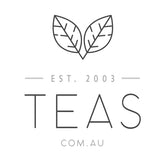Chinese Medicine and Herbal Tea
Posted by SALINA - TEAS.COM.AU

Many of us are embracing the idea of a healthy cup of tea. A cup of nourishing tea everyday could be beneficial to health and wellbeing, saving your medical bills and pains in the future.
Strictly speaking, “tea” is referred to the liquid yield from steeping tea leaves (Camellia Sinensis) such as green tea and black tea.
However, these days any liquid yielded from soaking a part of a plant (flowers, root etc) is also commonly called tea, hence the confusion of chrysanthemum tea, ginseng tea when there is no "tea" in these herbal teas.
So I hear you ask, “what is herbal tea? and How is it used in Chinese medicine?”
What is herbal tea?
Herbal tea, simply put, is the liquid yield from soaking part of a plant in hot water for a few minutes of time. It is also called herbal infusion. In Chinese medicine, herbs are often put in a special herb pot with water and "stewed" for an hour or so to yield a potent soup to achieve a certain effect.
How is it used in Chinese medicine?
The most fundamental concept of Chinese medicine is the holistic idea of Yin and Yang and its harmonious balance between Yin (negative) and Yang (positive) energies within the body. When someone is sick, it implies his/her Yin or Yang is imbalanced. This imbalance may be caused by pathogenic energies such as heat, cold, dryness or dampness being out of kilter (too much or too little).
According to the Chinese classical materia medica Ben Cao Gan Mu Chinese herbs are classified into flowers, leaves, grass, roots, seeds, animal parts etc. Each herb has its own quality, nature and energy.
For example, ginger is warming and pungent. Its energy goes to the digestive system (or spleen and stomach channels). Thus it is often used in digestive problems such as an upset stomach, nausea, bloating and to dispel coldness.
In Chinese medicine, it is used to promote sweating; an expectorant for cold and chills. So, if a person who is cold in nature (note that we are not just talking about the body being cold), with upset stomach, poor circulation, pale face, pale tongue, cold hands and feet, drinking ginger tea may benefit.
However, since ginger is regarded as a warming herb, people who are Hot in nature (such as red flushed face, irritable, feels hot all the time, bright red tongue), drinking ginger tea may not be a good idea as it may make them feel hotter and more irritable.
The “traditional tea” like green tea and black tea is strictly speaking not classified as Chinese medicine.
However, as black tea has gone through a firing process, it is more warming than green tea and white tea, which is more cooling in nature.
So if you often have blood shot eyes and work till late hours, a cup of cooling green or white tea would be better suited to your body then a warming black tea.
SHARE:

AUSTRALIA'S FINEST LOOSE LEAF TEAS
Explore Australia's largest selection of Premium Teas & All-Natural Organic Herbal Blends.


